Articles
Topic
New first
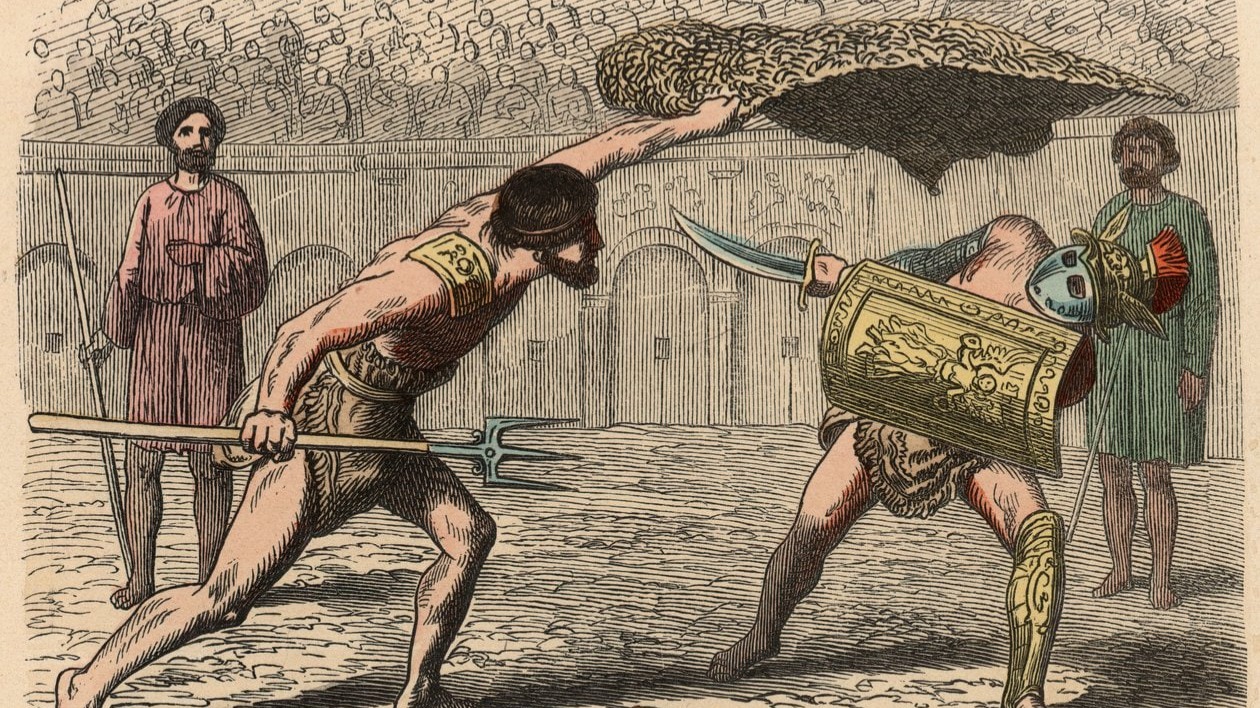
History
Gladiatorial fights and Roman emperors
Gladiatorial games are one of the most famous attributes of ancient Roman civilization. In his material, historian Danil Golovin explains how the pagan emperors of Rome initially used gladiators to strengthen their own legitimacy, and how their Christian successors banned these bloody spectacles. After reading the article, we invite you to take a test and find out what kind of gladiator you would become!
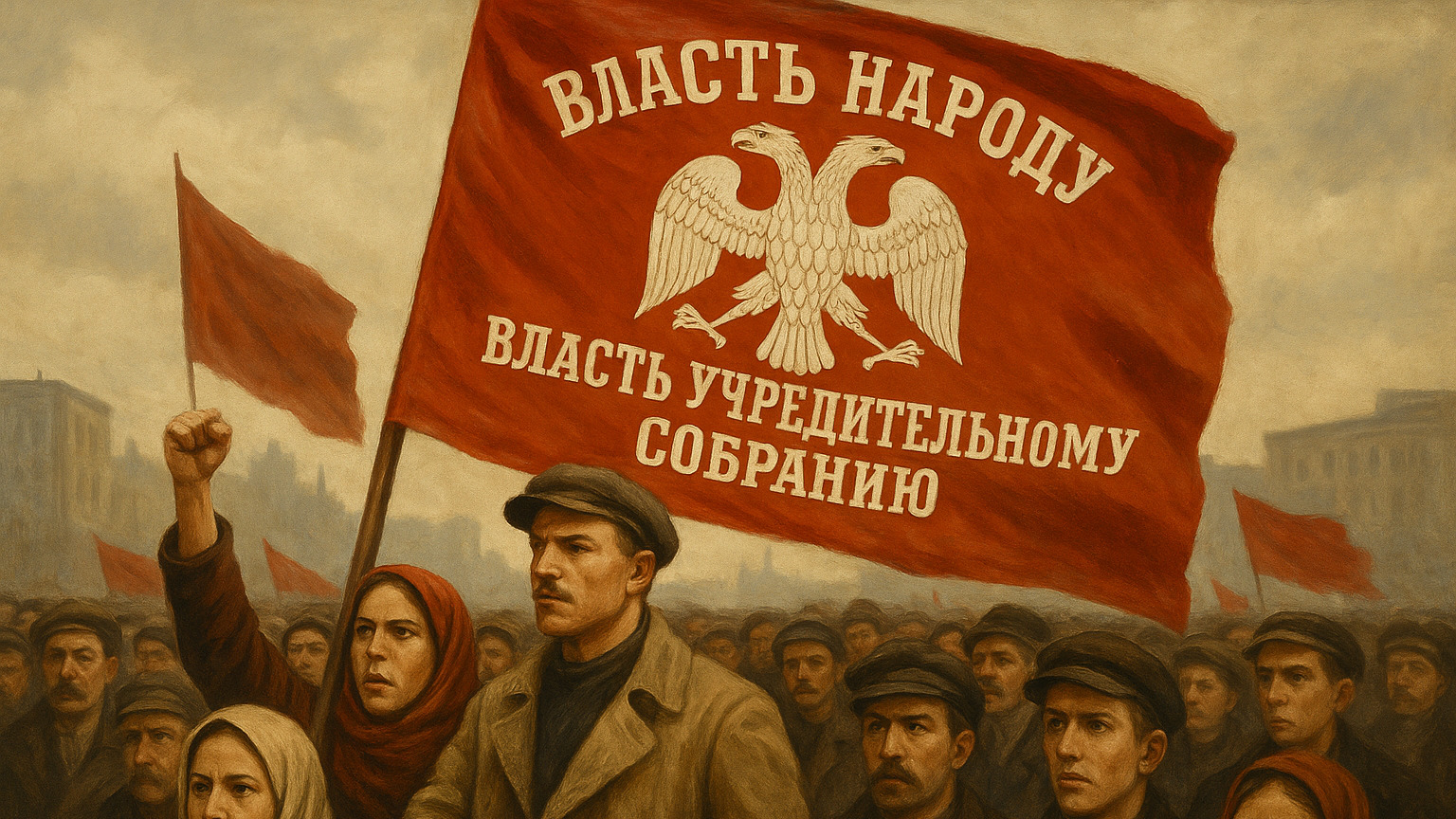
History
Under the Red Flag Against the Bolsheviks: The History of KOMUCH
In the public consciousness, the central conflict of the Russian Civil War is the confrontation between the "Reds" and the "Whites." However, in the summer of 1918, at the forefront of the anti-Bolshevik resistance in eastern Russia were the Socialists - the SRs, who formed the Komuch. Read about its history in the article by historian Said Zalyaev.
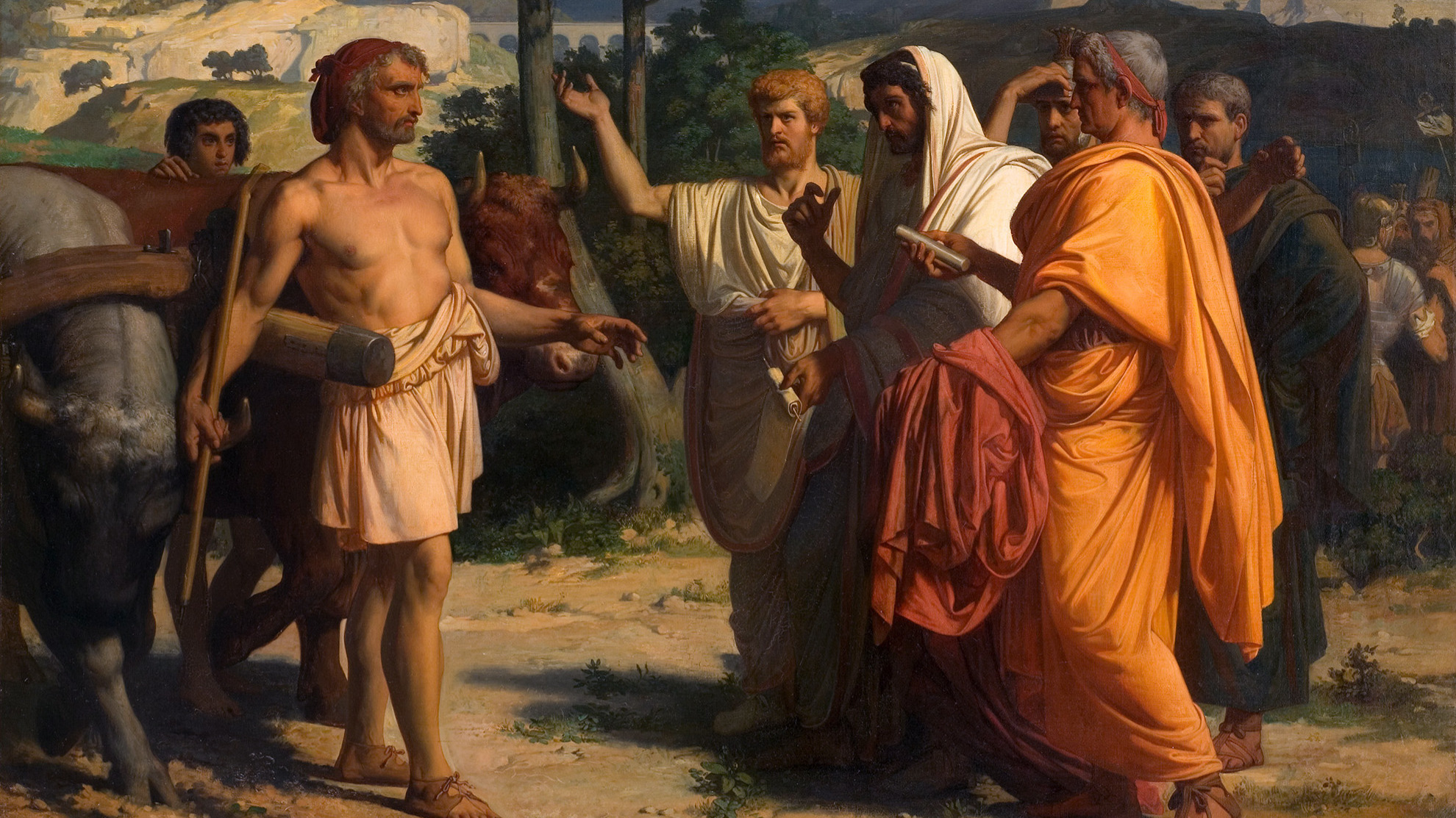
History
Dictatorship in Ancient Rome
The modern reader is likely to perceive the term "dictatorship" as synonymous with "despotism" and "tyranny," recalling the notorious regimes of the 20th century. However, for the Romans, this term was associated with entirely different things. Read about how the Romans perceived dictatorship, how it worked, and how it changed over time in the article by historian Nikita Tsybikov.
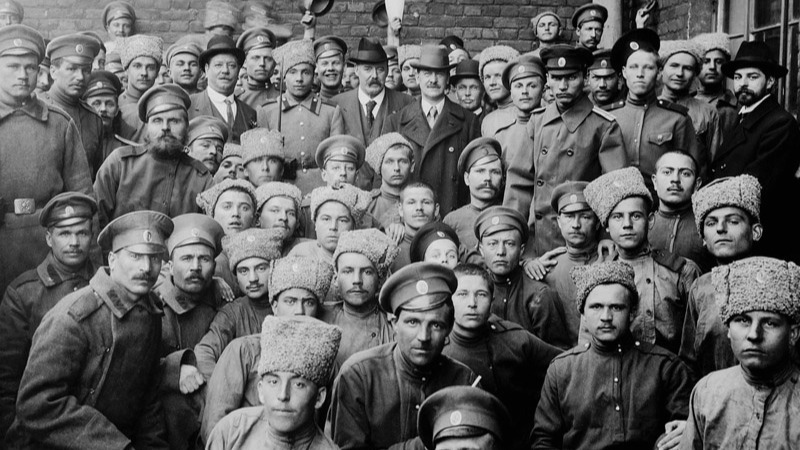
History
Volunteer and Revolutionary: An Attempt to Save the Russian Army in 1917
In 1917, the Russian army found itself in a deep crisis. In the context of the ongoing war, unconventional methods were required to revive the military spirit. Thus, the concept of a volunteer revolutionary army emerged, which was intended to inspire the mobilized troops and eventually replace them with volunteers. To find out how this experiment ended, read the article by historian Konstantin Tarasov.
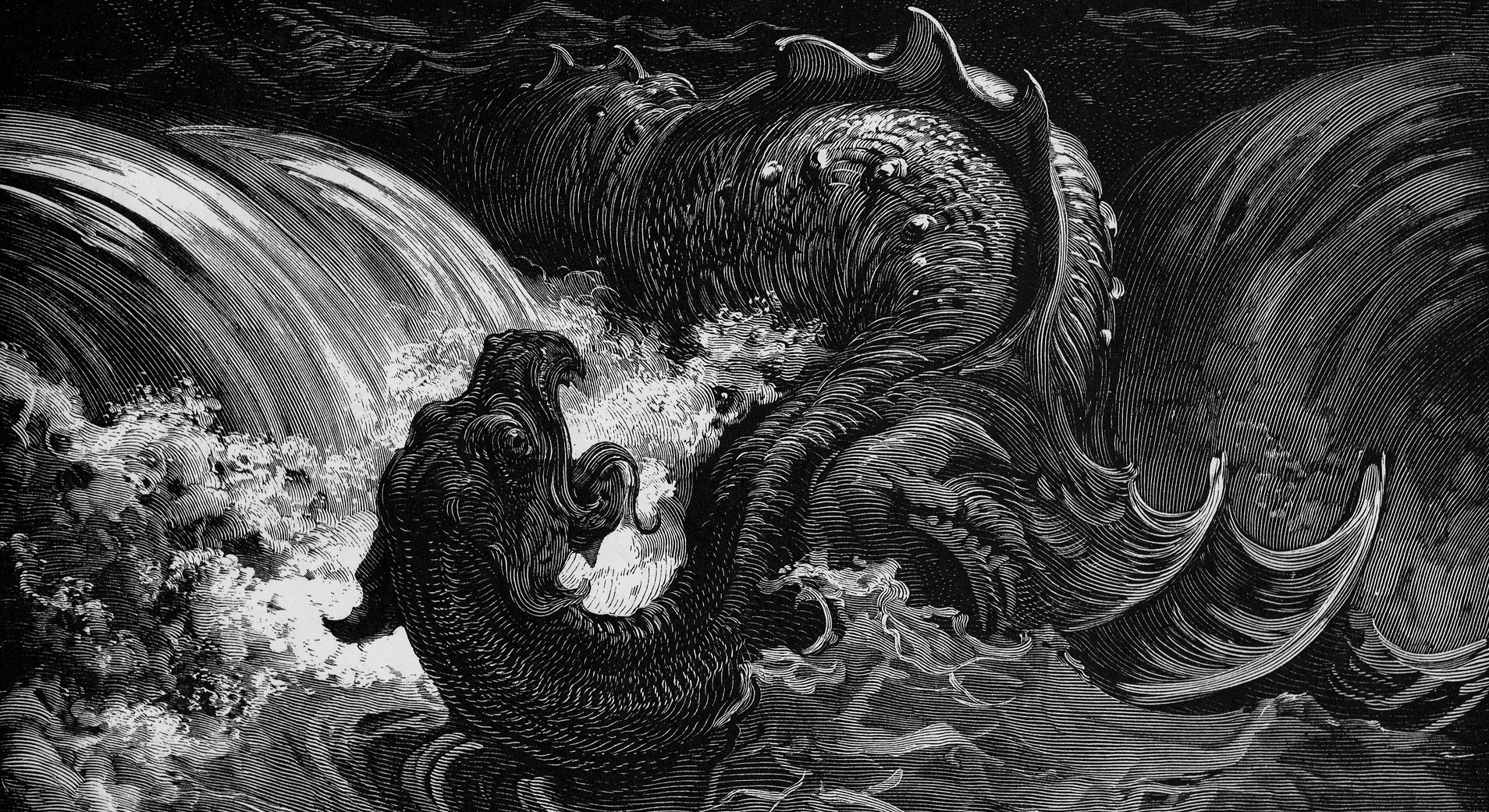
Political science
State: History of the Concept
In his article, historian Said Zalyaev examines how during the Modern Era in Western Europe, the meaning of the concept "state" transformed from a statement of a ruler's effectiveness to the definition of an abstract political entity with territory and population. Additionally, the author traces the history of the Russian-language concept of "state" and compares it with Western European counterparts.
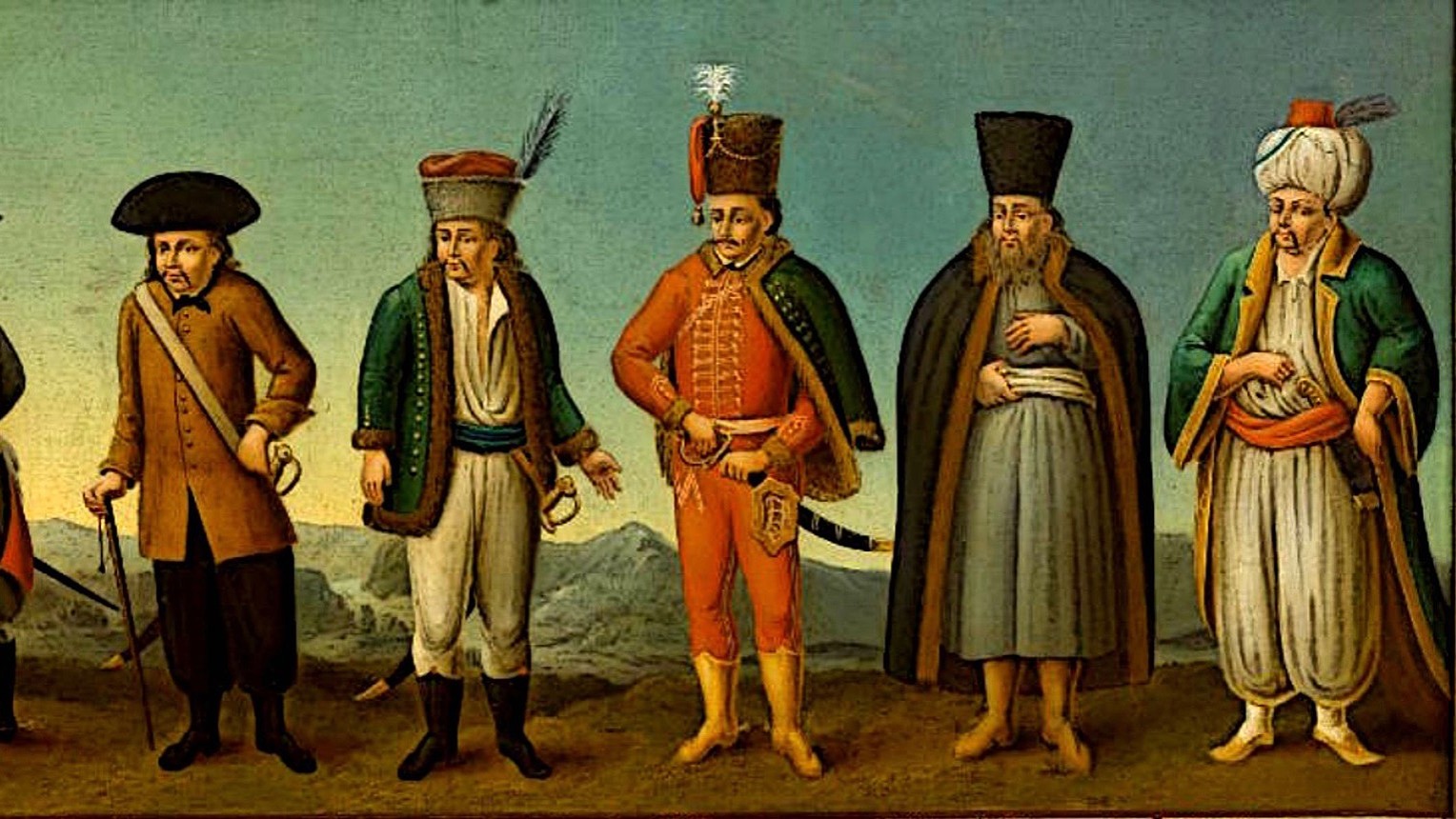
History
Imagology: Towards the History of the Discipline
Imagology is a young academic discipline that studies how images of "other" ethnic and national communities are created, function, and are interpreted. Read about how imagology originated and the differences between Western and Russian approaches to this discipline in the article by historian Olga Berezina.